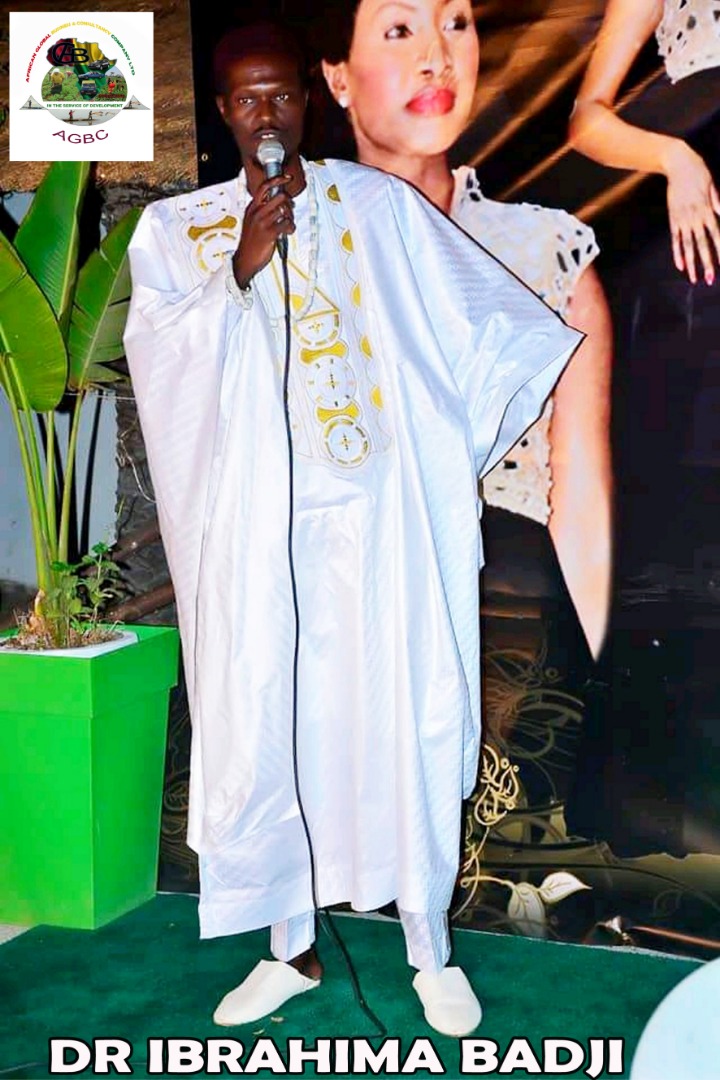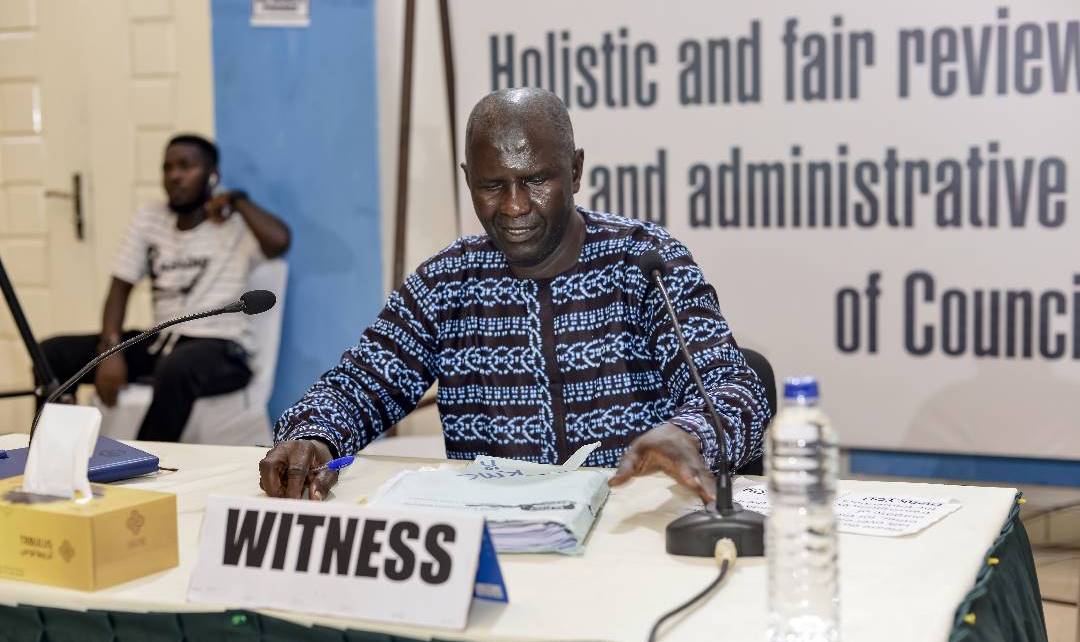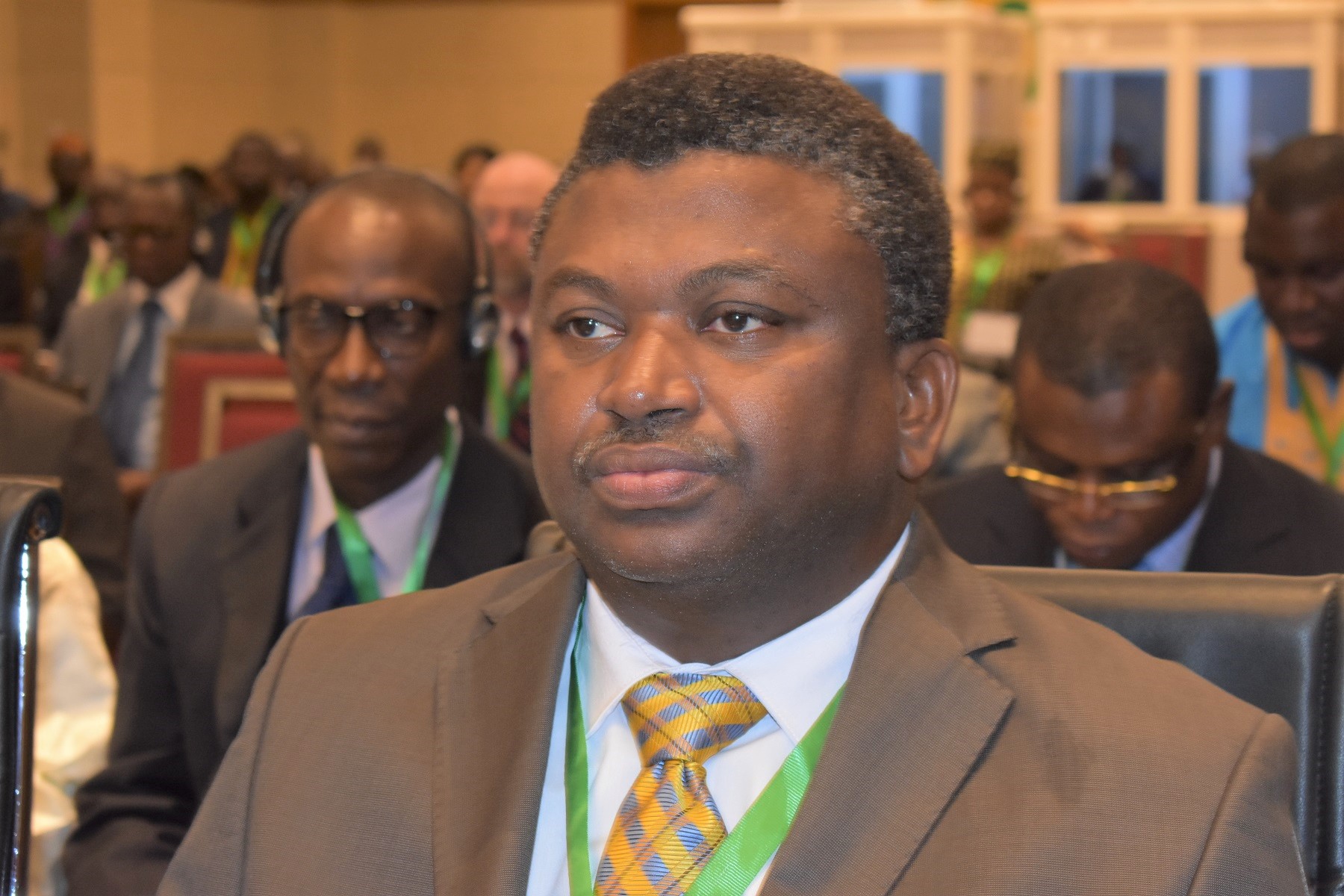By: Momodou L Jaiteh, Founder of Kaba Communications
Dr. Ibrahim Badji, a Senegalese diplomat on Sunday questioned French policy in Africa, arguing, that “the politics of two weights two measures” must stop now when the former is dealing with the latter.
Dr. Badji, a Senegambian diplomatic adviser and expert made the remarks, during an exclusive interview with this newspaper at his residence in Manjai Kunda shortly after his return from Morocco where he attended an international conference organised by Moroccan Young Diplomats Association.
“Compare the recent political situations in Chad and Mali and you will see what looks like ‘the politics of two weights two measures,'” he said.
To buttress on his point Dr Badji, who is a consultant on African geopolitics, wonders if the international community including France has any consistent policy on African affairs.
“France accepted a military coup and junta in Chad and condemned another military junta in Mali, why?” he asked.
“Military coups are military coups; there is no good coup d’état anywhere,” Badji, the founder of African Global Business and Consultancy, argued.
“So Europeans must stop removing African heads of state that refuse to serve Europe’s interest but the interest of their own people,” he said.
To delve further on the politics of Mail, the Senegalese diplomat described the former government led by Ibrahim Boubacar Keita as somewhat of “what sap group government” that saw Mali’s national territory violated to the maximum with the occupation of a large part of the country by rebels of Azawad among other factor.
“The army lost its dignity. In the political arena the then presidency was minimized in both constitutional and institutional levels. Instead of analyzing deeply the situation of his country and listen to the complaints of the people that elected him as their leader, Ibrahim Boubacar Keita counted on deals and combined with the French government that had another agenda which did not serve the interest of Mali and its citizens,” he said
“Keita thought that the French military’s presence in Mali and the open and hidden deals between the two would keep him safe in power but that was the case of a leader who did not know that if the people unite and decide no army nor police can stop them.”
Turning his attention to Chad, Dr. Badji recalled that when Idriss Deby decided to break off the monopoly enjoyed by French companies and started liberalizing by giving contracts to those paying higher; he was exposed to a great risk.
“Deby was a good strategist when it came to military affairs and a strong war leader who won several fights all over. I believe it was impossible to perpetrate a coup d’état in Chad under Deby. Then how could he be killed in his palace without bringing to the eyes of the people his killers? Then someone have to deal with rebels in order to put in their mind that when Deby died they would take power without knowing that at same time others were negotiating with the closest and trusted men of Deby to help them assume power,” he remarked.
“So Idrissa Deby, an elected president was assassinated and his constitutional successor was secretly forced to renounce office in order to put in place a military junta. Then, one of the European super powers arrived and announced full support for the Junta in Chad in Africa in front of some African head of states,” Dr. Badji added.
He went on to emphasize that as a democrat and Pan-Africanist, he could not support coup d’état because they were unlawful and they violated the choice of the people.
“I am fully and totally against military coups d’états. The only coup d’état that I can support is the one of an oppressed people who fight against that oppression in order to remain free and take their destiny in their hands like what happened in Burkina Faso where the people overthrew and pushed Blaise Campore to step down,” he said.
Quizzed on his last word, Dr. Badji responded: “My last word is that every Senegambian in particular and African in general must develop the culture of peace in mind and know that it is only solid institutions that make great countries. The onus is on us to respect our institutions, priorities peace because peace and development are interlinked. Women must also be everywhere in our institutions and society as a whole.
“Some women who are not politicians are doing their quota to contribute to the betterment of their respective countries with their own resources. For example, Neneh LouL’anne a UK based Senegambia, and Queen Binta Tasso another Senegambian who is based in America, among many others deserve worldwide recognition from our leaders because of their patriotism and dedication to humanity and the development of our continent; in culture, sports business, politics you name it,” Dr. Badjie concluded.




